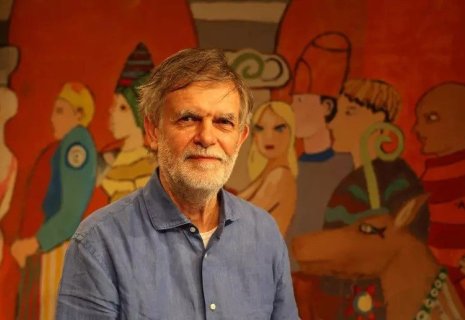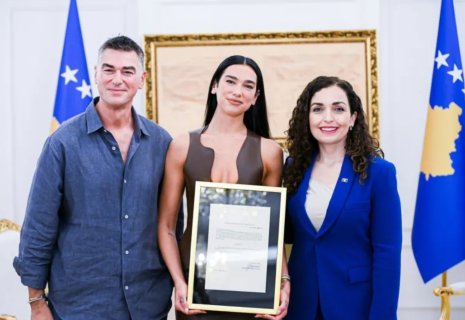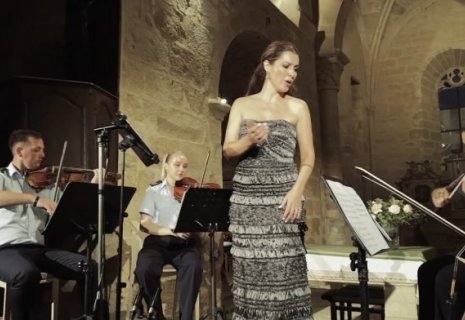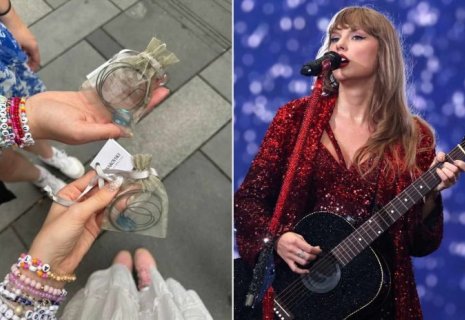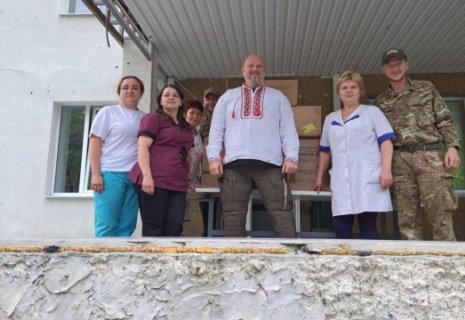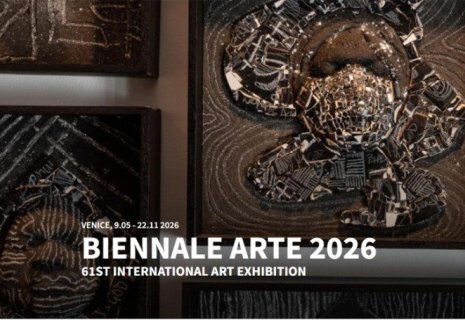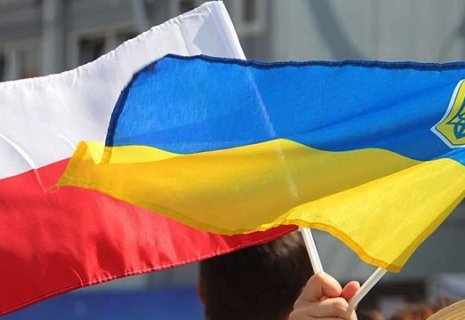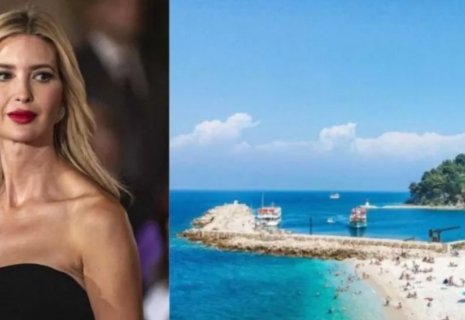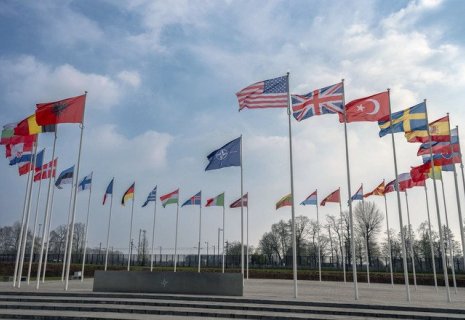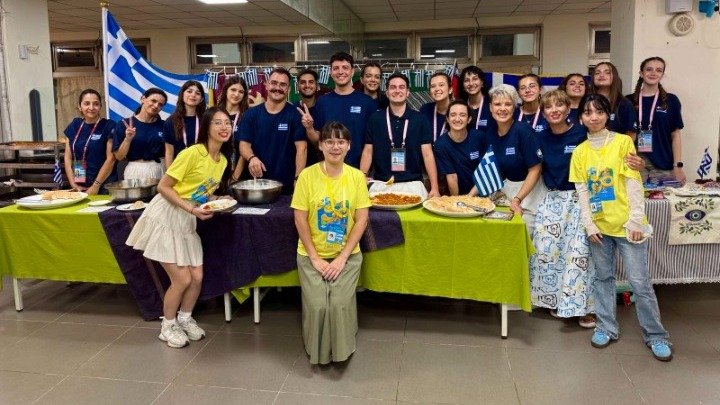
Greece debuts at Taiwan’s International Children’s Play Festival
Greece participated for the first time in the International Children’s Play Festival in Taiwan, and its participation showed that cultural heritage is not a museum - it is a living experience. On stage were not just dancers, but guardians of a custom that unites generations, CE Report quotes ANA-MPA.
“We were the first Greek participants at the festival, and that filled us with both responsibility and emotion,” says Varvara Pikoula, a physical education teacher and dance instructor of the association, explaining that the mission from Melissochori wanted to convey the authenticity of the region’s customs.
“Not just to show a dance, but to tell a story,” she emphasizes.
This story began with the song “All the little birds,” sung three days before a wedding. Women would knead the dough and prepare klicia (a type of bread), symbolically inviting neighbors to the joy. A distinctive prolonged sound—“iiiiii”—echoed through the village: for some, to be heard in every neighborhood; for others, imitating the sound of the gaida (bagpipe) that accompanied the ceremonies.
Then followed the “Maroudia,” a dance dedicated to women, full of strength but also melancholy. Although a wedding dance, the song tells the tragic story of a girl named Maroudia, who goes with her mother to collect soil for the house’s floor. An accident costs her life, and in her final words, she asks for her dowry—the one she never got to wear—to be washed. A song about life and death, the bittersweetness that permeates Greek tradition.
The mission from Melissochori did not go unnoticed. At the Indigenous Museum in Yilan city, the Greek participants discovered cultural “threads” that connect peoples: just as they dance and offer treats, so did their ancestors offer wine with a “klontiri” during the dance (a clay jug sealed with a mallow flower as a stopper). Traditional costumes became objects of admiration; the audience photographed and listened attentively to their stories, which the organizers had arranged to be translated into Chinese, explains Ms. Pikoula.
In the eyes of the organizers, in the smiles of the spectators, in the applause that spread from the Yilan stage, our culture was recognized, loved, and applauded. The costume of Melissochori, the klontiri, the traditional dance moves—all became objects of admiration and respect from people who until recently had never even heard the village’s name.
“We did not expect, leaving here, that the customs of a small village like Melissochori would interest so many people, not only from Taiwan but from all the delegations participating,” Ms. Pikoula confides with emotion.
And yet, it happened. This trip was not just a participation. It was a bridge between Greece and the world, proof that our culture can travel, touch hearts, and unite. It was a life experience for the children of the association.
“The experience in Taiwan was unforgettable. We bonded even more as a group. I think our culture remained unforgettable for both them and us,” says 17-year-old Maria.
“We connected with other countries and with each other. I hope other associations get to live something similar,” adds 15-year-old Liana.
“We are very proud to have spread our culture on another continent,” says Vasiliki.
“It was something unprecedented. We all feel proud to have shown something so Greek so far away,” emphasizes Moschos.
The participation of the Cultural and Educational Youth Movement of Melissochori in Taiwan was not just a success. It was a story written with love, with deep roots and eyes fixed on the future. A reminder that no matter how small a village is, when it carries its tradition, it can illuminate the world.

